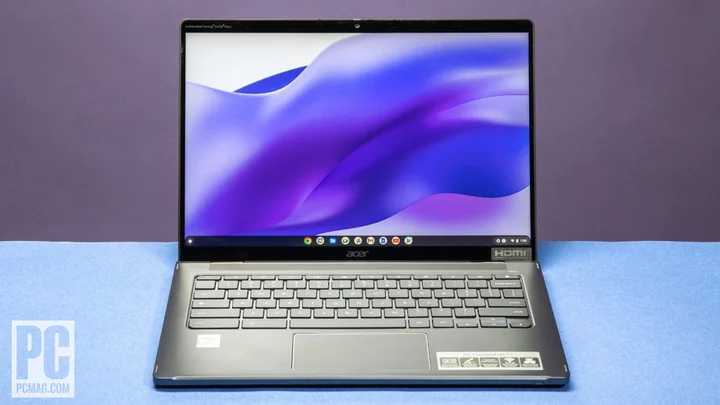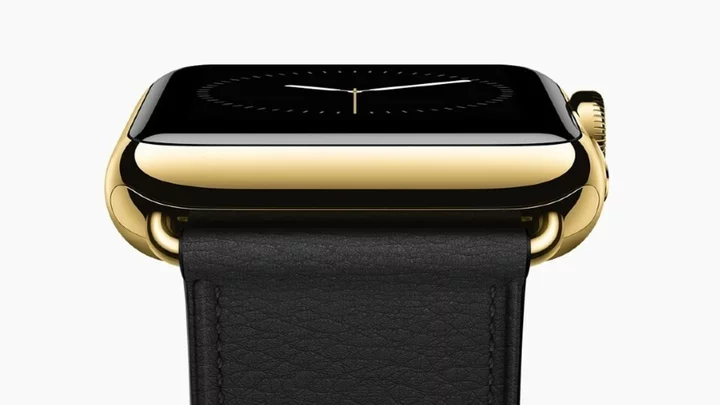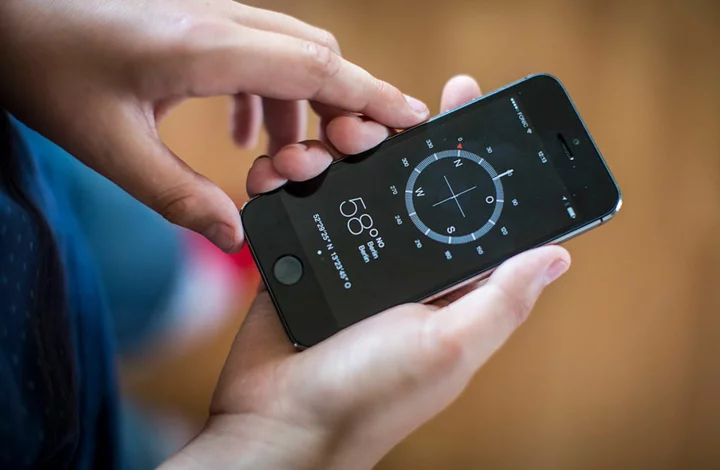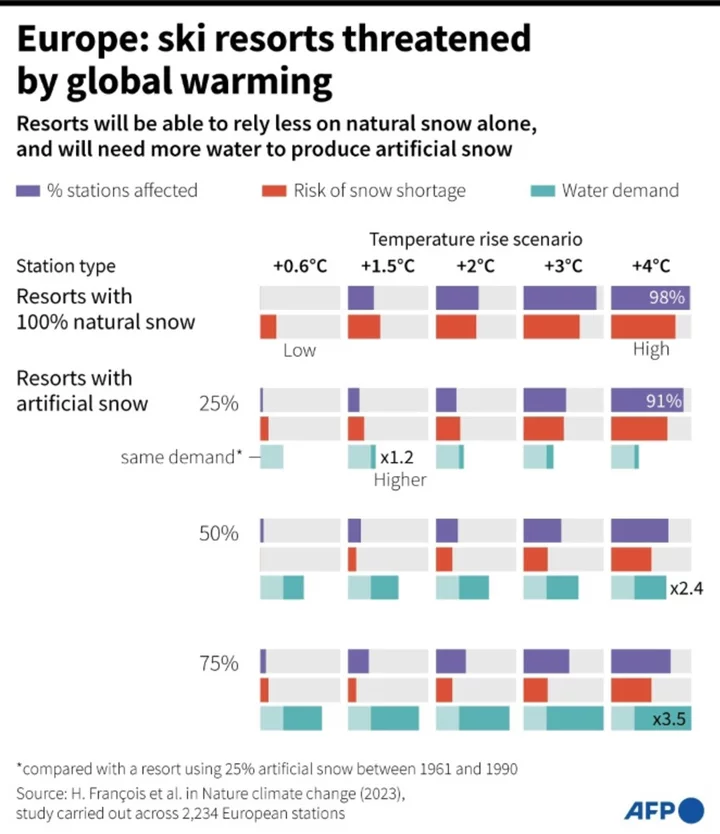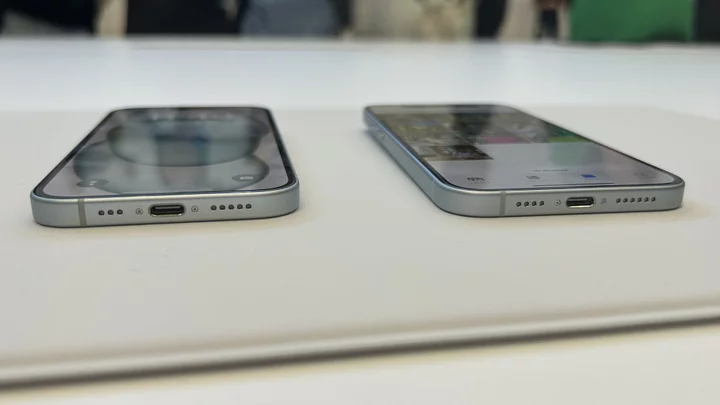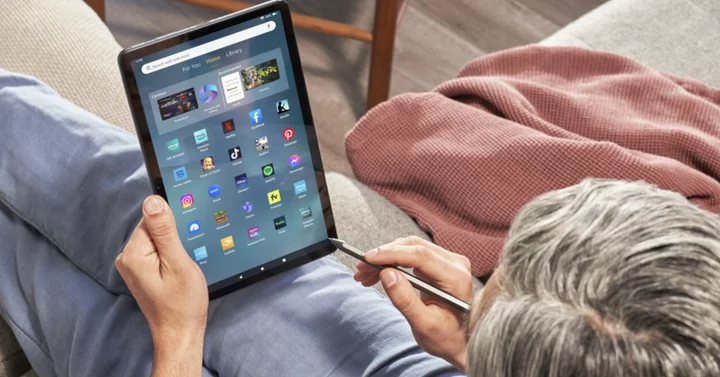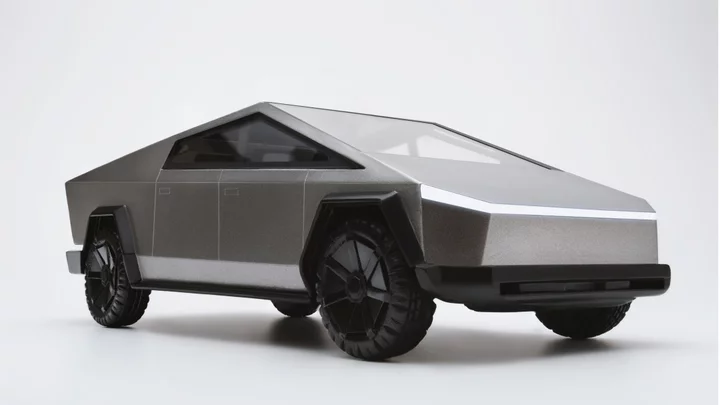Plenty of laptops, from budget to deluxe, are available in all shapes and sizes. But what if you spend most of your computing time online, surfing the web or answering emails or creating documents in Google Workspace or Microsoft Office Online? What if you'd rather spend a few hundred dollars than $1,000 or more? A Chromebook could be right for you.
Chromebooks don't offer libraries of powerful programs like Windows laptops or MacBooks, but their web-centric operation—most of what they do happens in the Google Chrome browser—and low prices make them ideal for streaming and social media and online productivity (though they do let you work on documents offline). Wildly popular in K-12 classrooms, they've also made inroads in corporate offices for their easy manageability. We've listed some of our favorite Chromebooks for 2023 in different categories below. Check them out, then keep reading for guidance on choosing the right model for you.
Most Chromebooks lack the powerful hardware of gaming laptops or mobile workstations, but most don't need it. Because you'll be visiting websites and running apps within ChromeOS, which is basically a souped-up version of the Chrome browser, the technical barrier to entry is low. This also frees you from downloading and installing traditional software; if you can't do something from a standard webpage, chances are you'll be able to from one of the thousands of apps and extensions available to ChromeOS users.
With just a few clicks, your Chromebook can have almost as much functionality as a budget Windows laptop, and most recent Chromebooks also let you install any app designed for the Android mobile OS. (Older or deeply discounted Chromebooks may lack Android support; you can check this list for the model you're considering.) This means both the browser-based and Android versions of Microsoft Office are available if you want an alternative to Google Docs, Sheets, and Slides.
(Credit: Molly Flores)One primary benefit of running web-based software is security. For all intents and purposes, Chromebooks are immune to the viruses and other malware that often plague Windows systems. ChromeOS updates also take just seconds to complete, rather than the minutes or hours you may have to wait for macOS and Windows to do their update thing. And although easy access to an always-on internet connection is a must for Chromebooks, you can perform most standard tasks offline and sync up later, so you needn't stop work if there's a Wi-Fi connectivity glitch.
(Credit: Molly Flores)IT management is also easier on ChromeOS. Schools have long taken advantage of Chromebooks' easy-to-use fleet management tools, but business users got a huge boost when Intel launched vPro Enterprise for Chrome. Intel-powered Chromebooks can now enjoy the same security and management tools offered on other business laptops, without the hassle of Windows. If ChromeOS has been looking like a good fit for your business, it just got even better.
With Chromebooks, you also don't need to worry about long-term lasting power. Google has just increased the supported life of all Chromebooks from eight years to 10 years, meaning that you have a full decade of use knowing that you'll continue getting automatic updates.
What Are Good Specs for a Chromebook?
When shopping for a Chromebook, you'll note less hardware variety than with Windows machines. These are the most important specs and factors to be aware of. Also note that a new class of Chromebooks is emerging called the Chromebook Plus family. Rolling out in mid-October 2023, these machines mandate certain minimum Chromebook specs to guarantee a solid user experience, including high-resolution cameras, IPS screens, and an 8GB floor for memory.
(Credit: Kyle Cobian)Screen Resolution
The usual native display resolution on a Chromebook will be 1,920 by 1,080 pixels, otherwise known as full HD or 1080p, but cheaper Chromebooks may have lower resolution while deluxe models may have higher. For most midsize Chromebooks with screens from 13 to 15 inches, 1080p is just fine. Entry-level models' resolution of 1,366 by 768 pixels can look coarse and is only really suited for laptops with screens smaller than 12 inches diagonally. Try to avoid this resolution on any 13-inch or larger screen, or at least try to eyeball the display in person before you buy. Note that all Chromebook Plus models will have at least a 1080p screen.
Processor
A low-end CPU like an Intel Celeron or Pentium or AMD A-Series will serve if all you do is browse with a tab or two open. Chromebooks based on Intel Core or AMD Ryzen processors will allow for more able multitasking, though they'll also be more expensive. Note that AMD offers a handful of C-series Ryzen mobile processors designed specially for Chromebooks.
For $300, a Windows laptop with an Intel Celeron processor and 4GB of memory will be unpleasantly sluggish for everyday use under Windows, but a Chromebook with the same specs should be fine for basic tasks. If you tend to be a multitasker, though, consider a Core or a Ryzen chip and 8GB of memory. Chromebook Plus models, which start at $399 and go up from there, will have at least an Intel Core i3 or AMD Ryzen 3 chip by default, and at least 8GB.
How to Buy the Best ChromebookStorage
Most of your files on a Chromebook will be stored in the cloud, so many Chromebooks include only a small serving (32GB or 64GB) of eMMC flash-memory storage on which to save your local creations. Look for an SD or microSD card slot if you think you'll want to save more documents and files on the device. A growing number of Chromebooks have 128GB or larger solid-state drives (SSDs), which are much faster as well as roomier than eMMC flash. Some very new models alternately employ UFS drives, something of a speed and price midpoint between eMMC and SSD. Chromebook Plus models will include at least 128GB of storage.
Connectivity
Most Chromebook connections are wireless, as you'll use the machine almost exclusively when attached to Wi-Fi. Wired Ethernet ports are rare, but support for 802.11ac Wi-Fi is ubiquitous, with 802.11ax Wi-Fi 6 found in upscale and corporate Chromebooks.
If you'll need to give presentations from your Chromebook, an HDMI monitor port is usually more convenient than carrying a USB-C DisplayPort adapter. Also look for a USB port or two if you'll want to attach a mouse, a flash drive, or another peripheral.
(Credit: Kyle Cobian)Gaming
Entertainment isn't a big concern for classroom users, but gaming on Chromebooks is finally a reality. Not only are there several ways to play on Chromebooks of all kinds, the latest game-ready models are built to take advantage of cloud services like Nvidia GeForce Now and Microsoft's Xbox cloud gaming. The first batch of purpose-built gaming Chromebooks are still fresh, so keep an eye on the best Chromebooks for gaming for our latest reviews.
Are Touch-Screen and Tablet Chromebooks Worth It?
Today's Chromebooks have stepped up from basic, bare-bones laptops to elegant computers with surprisingly rich capabilities. A few sport carbon-fiber chassis or lightweight magnesium alloy frames. Others not only swap out flash storage for a speedy SSD but boast a bright, 1080p or higher-resolution in-plane switching (IPS) display with sharp text, vivid colors, and wide viewing angles. Top models have premium styling that rivals any high-end Windows notebook.
(Credit: Molly Flores)That includes touch screens (ChromeOS is now optimized for touch input), which are especially handy when you're tapping away at Android apps designed for touch. And while most Chromebooks are traditional clamshell laptops, a growing number are 2-in-1 convertibles whose screens flip and fold into laptop, tablet, and kiosk or presentation modes, just like Lenovo's Yoga and HP's x360 systems. A handful of Chromebooks are detachables with kickstands and removable keyboards, comparable to Windows tablets. These days, a budget Windows laptop and a similarly priced Chromebook can look far more alike than you might expect.
(Credit: Molly Flores)What's the Best Chromebook for You?
Whether you're a Facebook or Instagram addict or you just need a machine for checking email and working in Google apps, Chromebooks are easy to use, convenient to take on the go, and relatively inexpensive. If you think a Chromebook could be right for you, check out the detailed spec chart and reviews below for the top-rated models we've tested. If you're on a tight budget but definitely need Windows, our lists of the best cheap laptops and the best laptops for college students are worth a look, too. And for more general buying advice, check out our comprehensive guide with today's top laptop picks, regardless of price.

